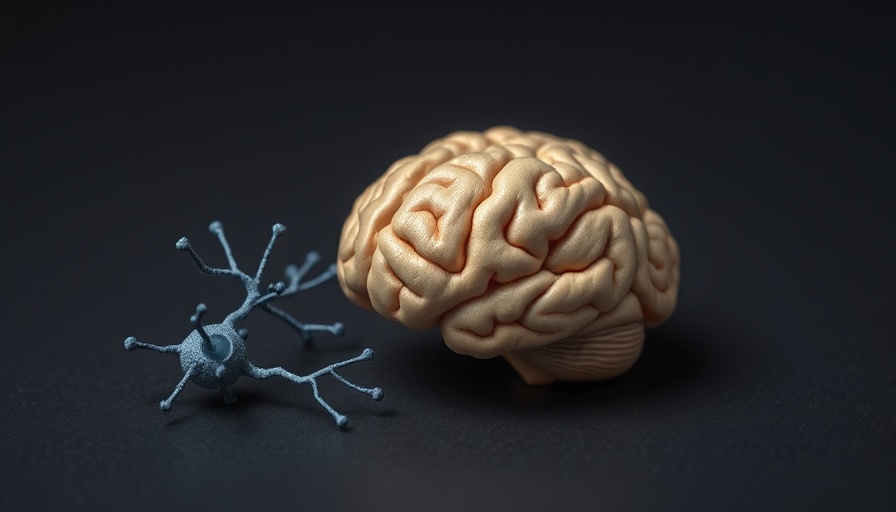
How AI is Revolutionizing Healthcare: A Practical Overview
As we step into a new era of healthcare in 2025, artificial intelligence (AI) is transforming from a buzzword to a critical element in everyday medical practice. For concierge health practitioners striving to balance patient care with operational efficiency, understanding the current and future role of AI is essential. This article explores how AI innovations are reshaping various aspects of healthcare, positioning it not just as a tool, but as a partner in clinical decision-making.
AI in Diagnostics: Enhancing Clinical Decision Making
Recent advancements in diagnostic AI reveal how technology can augment the capabilities of healthcare providers. The introduction of Microsoft's Multimodal AI Diagnostic Orchestrator (MAI-DxO) showcases an impressive 85.5% accuracy in diagnosing complex conditions, surpassing traditional methods. With AI synthesizing diverse data points like imaging and lab results, clinicians can expect a shift toward what is termed 'assisted medicine.' This collaborative approach promises to alleviate cognitive load, thereby enabling health practitioners to deliver consistent and thoughtful care.
Reducing Physician Burnout with AI in Clinical Documentation
One of the often-overlooked aspects of healthcare is the strain associated with administrative tasks. AI tools such as Suki, Abridge, and Nuance DAX have shown the potential to cut down documentation time significantly—by more than 60%, according to recent studies. For concierge health practitioners, implementing these AI-driven solutions could lead to improved physician satisfaction and patient interactions, freeing up valuable time to focus on patient care. By 2027, expect the landscape of clinical documentation to shift toward automated systems, making user experience and financial accuracy a priority.
Proactive Chronic Condition Management Through AI
The integration of AI in remote monitoring represents a game-changer in chronic disease management. Wearable technology and AI analytics are now capable of providing contextual insights rather than just data collection. This means practitioners can flag risks early, allowing for timely intervention and potentially better health outcomes for patients. As the healthcare landscape evolves, more than 35% of U.S. health systems are predicted to adopt these AI-driven monitoring approaches by 2026, facilitating a shift toward preventive care practices.
AI-Driven Drug Discovery and Its Implications for Patient Care
In drug discovery, AI is not just speeding up processes; it’s reshaping how clinical trials are conducted. Companies such as Insilico Medicine and Recursion are demonstrating how AI can shorten preclinical timelines by up to 50%. For concierge health practitioners, this advancement means access to more effective treatment options sooner than previously possible. As AI continues to refine trial designs and patient recruitment processes, the promise of personalized medicine becomes increasingly achievable.
What This Means for Your Practice
For medical practitioners embracing AI technology, the potential for growth and improved patient engagement cannot be overstated. However, the influx of technological solutions can be overwhelming. Practitioners are encouraged to view AI not merely as an operational enhancement but as an integral part of enhancing patient care. By leveraging these tools appropriately, they can reduce burnout, streamline workflows, and focus more on building long-lasting patient relationships.
Final Thoughts: Engaging with AI for Better Health Outcomes
As AI technology continues to penetrate the healthcare sphere, practitioners should stay informed about its applications and implications. Engaging with these innovations will not only position practices for success but also ensure that they remain at the forefront of patient care. Don’t let fear of the unknown deter you; embracing AI could be the key to unlocking new levels of patient satisfaction and operational efficiency.
 Add Row
Add Row  Add
Add 






Write A Comment